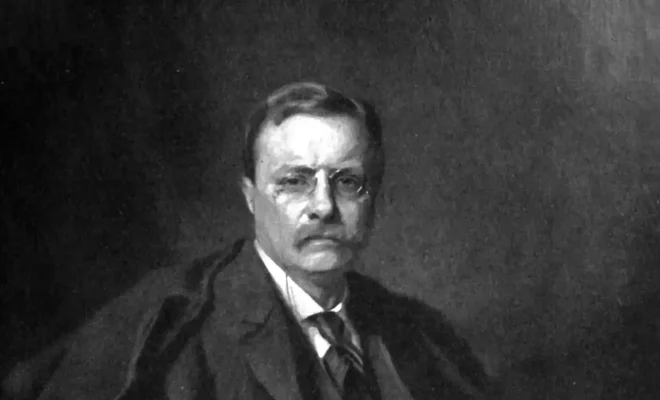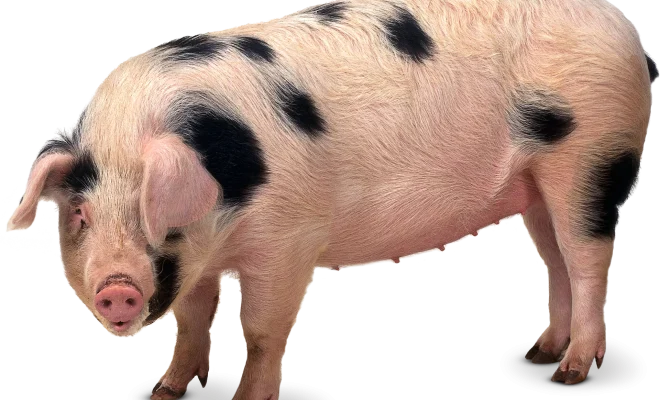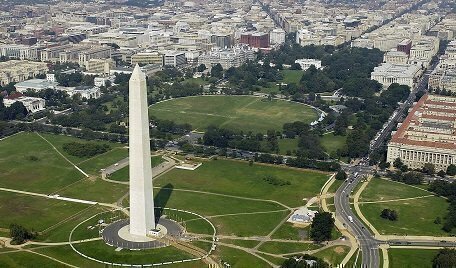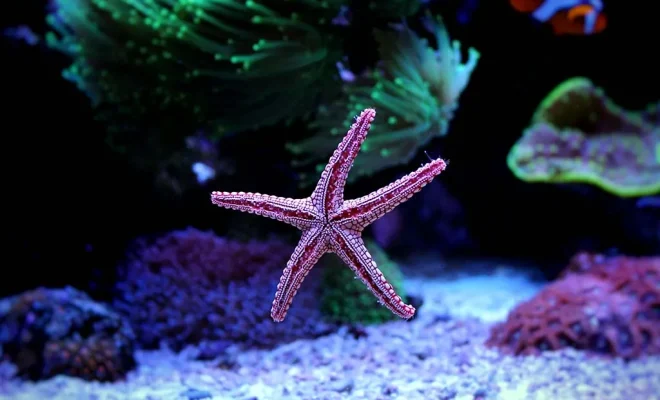Theodore Roosevelt Facts For Kids

Theodore Roosevelt was an American politician, writer, and conservationist who is widely regarded as one of the most influential figures in American history. He was born on October 27, 1858, in New York City, and went on to become the 26th President of the United States, serving from 1901 to 1909.
Roosevelt was known for his bold and aggressive personality, his love of nature and the outdoors, and his commitment to progressive political ideals. He was a prolific writer, penning numerous books and articles throughout his life, and was also a skilled orator who delivered some of the most famous speeches in American history.
Here are some interesting facts about Theodore Roosevelt that kids will enjoy:
1. Roosevelt was the youngest person ever to be elected President of the United States, taking office at the age of 42 after the assassination of President William McKinley in 1901.
2. Roosevelt was an avid outdoorsman and conservationist, and is widely regarded as the father of the modern conservation movement in America. He established the first national parks, wildlife refuges, and forest preserves, and worked tirelessly to protect America’s natural resources.
3. Roosevelt was a prolific writer, and published over 30 books during his lifetime. Some of his most famous works include “The Rough Riders,” “The Naval War of 1812,” and “The Strenuous Life.”
4. Roosevelt was the first President to travel outside of the United States while in office. He journeyed to Panama in 1906 to oversee the construction of the Panama Canal, which was one of the most important engineering projects of the time.
5. Roosevelt was a passionate advocate for children’s rights, and worked to improve conditions for young people throughout his career. He established the first White House conference on children in 1909, and championed reforms in education, healthcare, and labor laws that benefited children.
Overall, Theodore Roosevelt was a fascinating and influential figure in American history, and his legacy continues to be felt today. Whether as a statesman, a writer, or a conservationist, he embodied the spirit of progress and innovation that has long defined the American experience.





